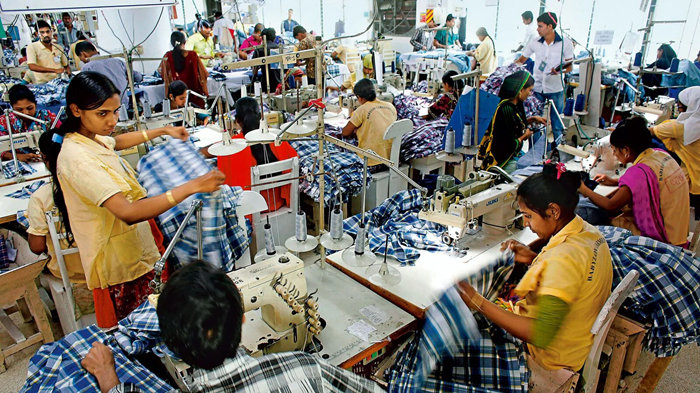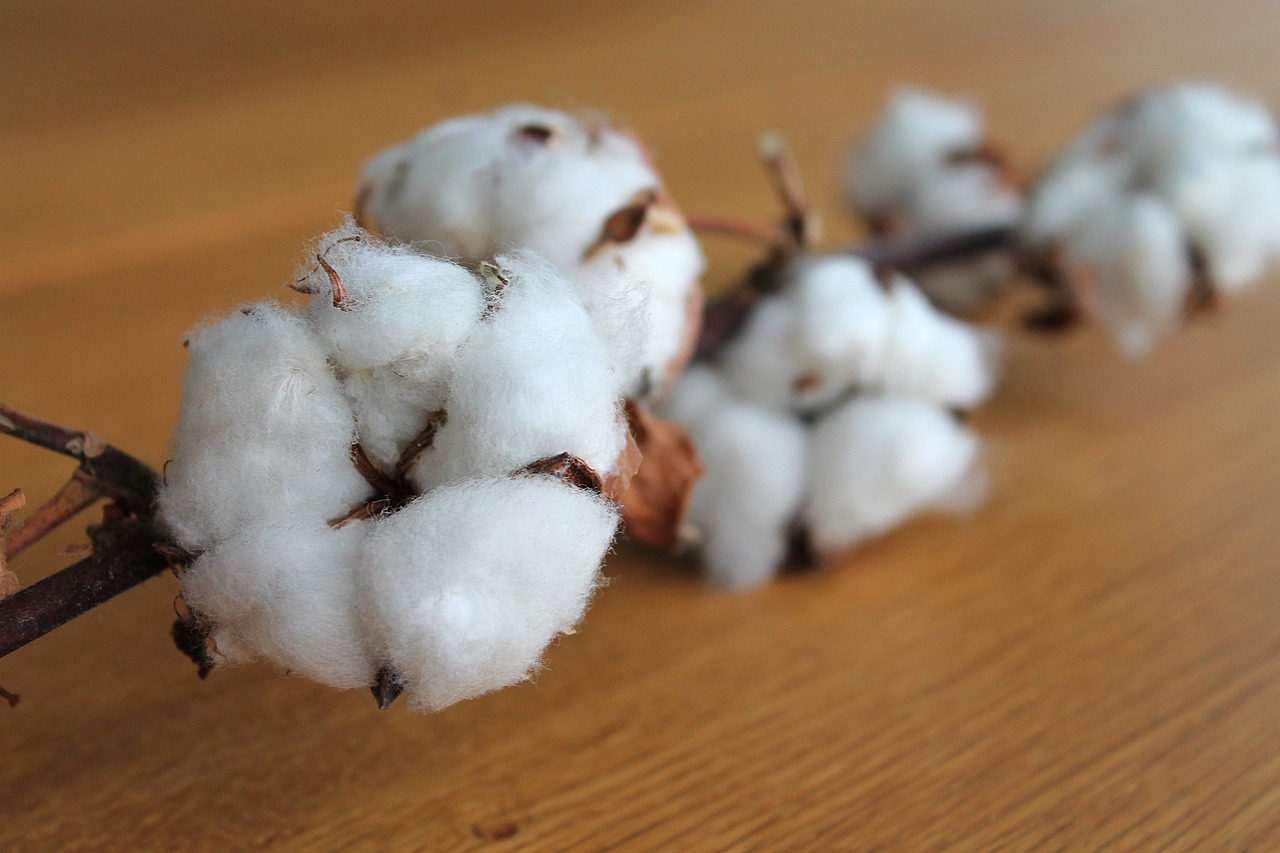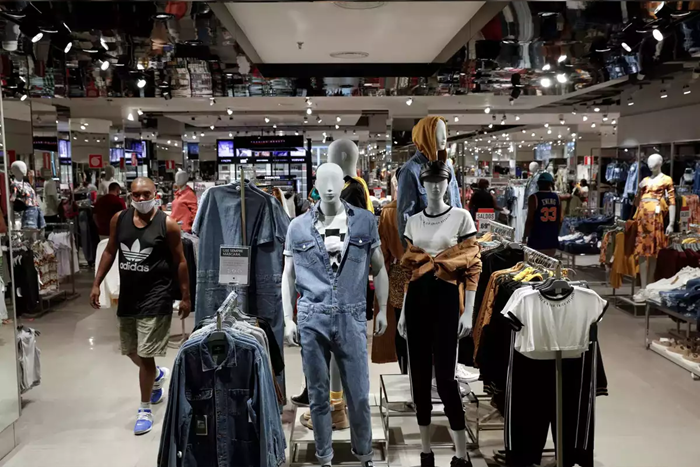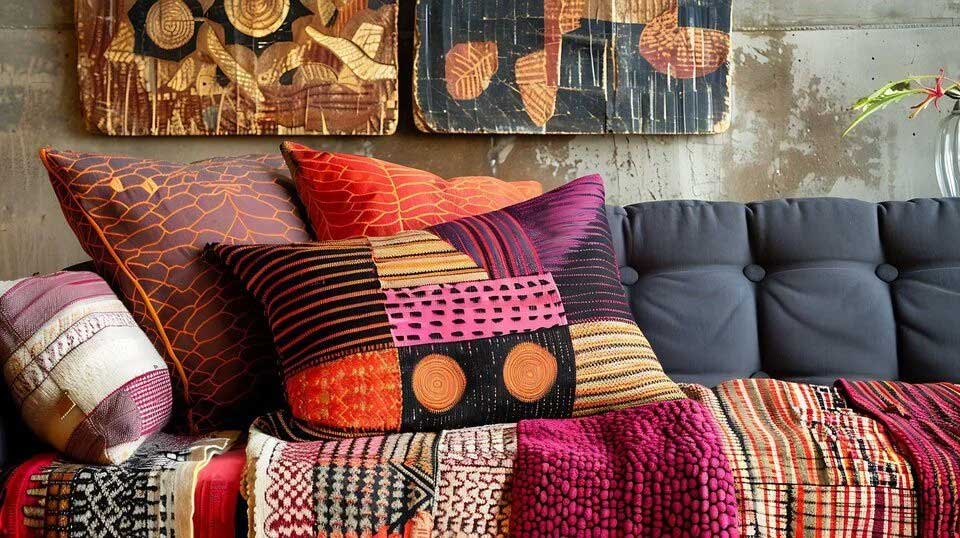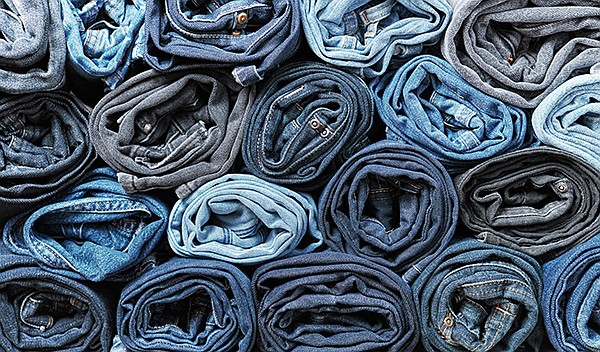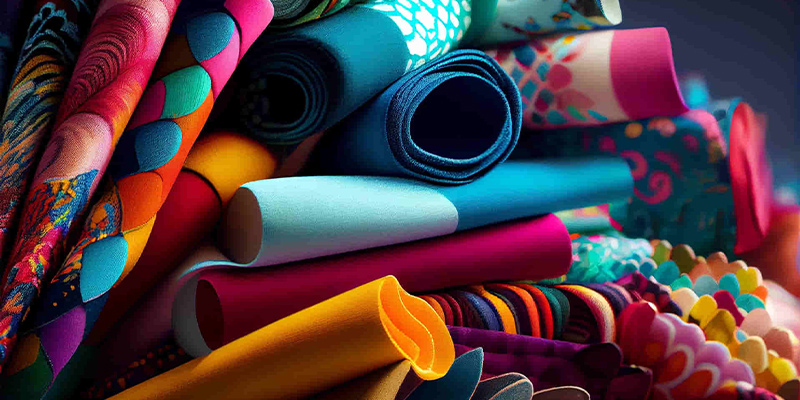FW
The 53rd Dornbirn Manmade Fiber Congress will take place in Austria from September 10 to 12, 2014. This is an international platform for manmade fibers. It has participants from the whole textile processing chain. Representatives from the manmade fiber industry, the processing chain and the academic research field use this communication platform for intensive exchange of ideas.
Among the topics are fiber/filament innovations (oil and bio based fiber raw materials, carbon fibers, functionalities, waste management), nonwovens/filtration, automotive (transportation—train/ship/air) and key technologies (finishing, coating, spinning, extrusion).
It will feature around 100 lectures by experts. The show will also present the enlarged key technologies section, which will discuss the latest findings in the field of finishing, coating, machinery for spinning/extrusion and joint developments between academic research and industry. Along with innovation, cost efficiency and competitiveness have become decisive factors for the success of European fiber industry.
There will be speeches on nonwovens and on standardisation of antimicrobial testing methods. Invista will present findings of market research on consumer trends in textiles. Radici Partecipazione will speak about sustainability as a source for market opportunities meeting the challenges of integrated production.
www.dornbirn-mfc.com/en/tagung/tagung.asp
Bangladesh’s first denim show that concluded on March 2 was a huge success. The show, spread over two days, created a new platform for ensuring a large ecosystem of the denim supply chain for global buyers.
Foreign buyers look to Bangladesh as a lucrative destination for apparel, particularly denim outsourcing, as the country has a capacity to provide quality items at a lower cost. Many overseas entrepreneurs are now planning to expand their business in the South Asian country to meet the growing demand for denim products in the global market.
Nearly 25 companies including American & Efird (Bangladesh), Arvind (India), Brandix Textiles (Sri Lanka), Naveena Exports (Pakistan) and YKK (Japan) took part in the exhibition to showcase denim pants, fabrics and the latest accessories. The organizers are planning to hold such an exhibition each year to upgrade the country’s denim sector to an international standard. Such exhibitions take place in Paris, Sweden, Shanghai, Hong Kong and the US annually.
Bangladesh, the second largest producer of denim apparel, ships around 185 million pieces of denim jeans around the world annually, and has more than 5,600 factories concentrated around the capital Dhaka and the port city Chittagong.
Clariant has released ColorForward Interiors 2015, the second annual color forecasting guide for producers of textile yarn and filaments, and designers and manufacturers of textiles, upholstery and carpeting. Clariant is a world leader in specialty chemicals. The color guide defines four trends that can be expected to attract consumer attention in the next few years and creates a color palette that can help marketers tap into the emotions behind those cultural currents.
ColorForward Interiors is derived from Clariant’s ColorForward program, now in its ninth year. ColorForward springs from the minds and experience of color, design, marketing and polymer experts, representing multiple creative industries from all over the world. ColorForward Interiors is produced in collaboration with the Clariant Masterbatches Textile Group and expands the platform to provide additional relevance to the fiber and yarn industry.
ColorForward Interiors 2015 is targeted at fiber customers, whether they are in carpets, automotive textiles, upholstery or elsewhere. It presents a palette of forty colors, ten for each of four societal trends expected to influence consumers around the world. Each color is presented in polyamide or polypropylene fibers that are formed into pompons and stored in a presentation box that is decorated with illustrations representing the four trend themes. The pompons can be rearranged inside the box to create hundreds of combinations using strong, bright colors with complementary and contrasting neutrals and mid-tones.
www.clariant.com/
Lectra has appointed Céline Choussy Bedouet as marketing director for automotive, furniture, technical textiles and composite materials. Lectra is the world leader in integrated technology solutions dedicated to industries using soft materials—fabrics, leather, technical textiles and composite materials.
Bedouet has two priorities: to promote the automatic cutting of leather interiors to strengthen Lectra’s leading position in the automotive market, the second is to increase Lectra’s presence in the furniture, technical textiles and composite materials markets. She has a rich and diverse marketing experience, including strategic, operational marketing, field, channel and partner marketing.
In five years, Lectra’s market share has risen from 15 per cent to 60 per cent in the automatic fabrics cutting for automobile interiors. Lectra is the world leader in integrated technology solutions that automate, streamline and accelerate product design, development and manufacturing processes for industries using soft materials. Lectra develops the most advanced specialized software and cutting systems and provides associated services to a broad array of markets including fashion (apparel, accessories, footwear), automotive (car seats and interiors, airbags), furniture, as well as a wide variety of other market sectors, such as aeronautical and marine industries, wind power and personal protective equipment.
www.lectra.com/
The Brandix Group has invested around $1 billion over three years to set up a new venture called ‘Disrupt Unlimited’ that will inspire, mentor and fund start-ups with breakthrough solutions to disrupt products, practices, processes and business models in these sectors. The aim behind launching this innovative concept is to encourage innovators from across industries to develop technology-driven solutions that address challenges at every stage of the supply chains, leading to revolutionary changes in the way apparels, textiles and accessories are made, packaged, distributed and consumed.
Disrupt Unlimited will offer seed funding, advisors, practical workshops, networking opportunities, collaborative workspace and legal and administrative services, along with the opportunity to pitch game-changing ideas to venture capitalists and angel investors. The new concept was launched at Brandix Essentials on February 21, 2014 with the start of a two-week ‘Disrupt-a-thon’ at which 20 innovators faced eight industry-related challenges in collaboration with mentors from companies in the Brandix Group and from the group associate Textured Jersey Lanka PLC.
A preferred supplier to many global apparel labels, Brandix was the first apparel manufacturer in the world to build a Leadership in Energy and Environmental Design (LEED) Platinum-rated green factory certified by the US Green Building Council (USGBC); the first in Sri Lanka to build a LEED Gold certified office complex; and the builder of the first Supply Chain City in South Asia -- the 1,000-acre Brandix India Apparel City (BIAC).
www.disruptunltd.com
www.brandix.com
The 34th Texworld exhibition, held in Paris Le Bourget from February 17 to 20 attracted 13,523 visitors from 103 countries. It’s an increase of 11 per cent. They came to discover extensive ranges and new products being offered by 631 exhibitors from 25 countries.
The exhibition attracted all major high-street brands for fast fashion, both up-and-coming and renowned ready-to-wear labels and international designers. They came to buy, discover new trends and innovations, promote new product developments and exchange ideas on sustainability.
Sustainable development has always been a priority for Texworld, it organized many initiatives like the Sustainable Sourcing Itinerary that lists exhibitors offering sustainable products. The show included 54 such exhibitors from 13 countries from all product segments including cotton, technical and functional materials. Sustainability Day witnessed talks by international organisations who specialise in issues relating to sustainability, such as Wellmade, Ecomundo and ethics on labels. A green and ethical label, Ekyog, gave a well-attended lecture on key factors for success and the limitations, based on the analysis of their own 10-year business.
Other initiatives included creation of the Sustainable Forum, where 200 samples of the best sustainable fabrics were showcased against a backdrop designed using canvas and twine. There was a Sustainable Lounge to facilitate meetings between visitors and organisations/international experts on the subject.
Eco-friendly and ethical materials were in demand, especially main brands for fast fashion like H&M and the Inditex Group. The next Texworld will take place from September 15 to 18, 2014, at Le Bourget, Paris.
www.texworld.messefrankfurt.com
With eight foreign companies announcing their plans to invest around $700 million, the American textile industry has been witnessing a sudden rise in foreign direct investment (FDI) over the past eight months. These investments are expected to generate about 1,900 new job opportunities in North Carolina, South Carolina, Georgia, and Louisiana.
With ‘Made in USA’ trend gaining momentum, the United States is emerging as an attractive option for textile manufacturers looking for competitive energy, transportation, and fiber costs compared to current sourcing destinations like China, which is grappling with rising labour and raw material cost. The surge in investments is also being attributed to US trade policy in the textile sector. Over the past 25 years, the country has completed a series of free trade agreements that include a Yarn-Forward Rule of Origin for textile and apparel products.
The Yarn-Forward rule has helped the US textile industry become the third largest exporter of textile products in the world. US exports of all textile products were around $17.9 billion in 2013. Over the past 10 years, textile exports have grown exponentially from $12.7 billion in 2003 to $17.9 billion in 2013, a 40.6 per cent increase.
Examples of FDI investments include largest investment announcement of about a quarter of a billion dollars from Gildan Activewear, based in Montreal, Canada. Apart from Gildan, since August 2013, textile companies from India, Mexico, and China have announced new investment plans in the United States.
www.gildan.com
The IAF (International Apparel Federation), BKMEA (Bangladesh Knitwear Manufacturers and Exporters Association) and HCIA (The Hellenic Clothing Industry Association) have tied up for a project on capacity building, network extension and knowledge transfer in Bangladesh.
The project will involve training sessions in Bangladesh along with networking trips to Europe and Bangladesh. IAF’s main focus is on its members and it will be setting up a peer group to which it will invite members with specific interests in the Bangladesh knitwear industry.
The accord was signed at the IAF office in Zeist (Netherlands) by Mansoor Ahmed and Han Bekke, Secretary General of IAF. IAF has got EU funds for the project and as a result BKMEA and HCIA will be able to better service member companies by gaining more international contacts, knowledge and more insights.
IAF is the world’s leading federation for apparel manufacturers, their associations, apparel retailers and the supporting industry. BKMEA is an association of about 1,700 knitwear manufacturers and exporters from Bangladesh that represent the largest export earning sector of the country.
Iafnet.eu
Pakistan wants to discourage import of cotton yarn from India. And in a bid to curb imports it may impose 5 per cent customs duty on Indian cotton. Different stakeholders in Pakistan have expressed serious reservations over the unrestricted import from India. They say, the Indian government has increased its subsidies on textile products, especially, on yarn and that India is providing other incentives such as duty drawback and technology upgradation fund to subsidise its products. Since cotton yarn imported from India is 15 to 20 per cent lower than local market rates, this is hurting the local industry.
Their main grouse is that India has not provided a level playing field to Pakistani exports, especially in the textile sector. Pakistan imported 5,223,129 kg of cotton yarn in three months whereas the imports from India were 4,220,893 kg. For imports of 345,070 kg of single carded-8 cotton yarn, imports from India stood at 326,589 kg in three months. For imports of 557,510 kg of single carded 8-25 the Indian share remained at 470,998 kg. The country imported 1,395,570 kg of single combed (71 and above) while the import share from India remained at 1,308,813 kg.
The Radici Group has three production and processing sites in Italy and Switzerland. Its polyester yarn volume has been growing. It closed year 2013 with a greater market share in many of its target polyester market sectors. Outstanding results were achieved in the outdoor furnishings, technical/industrial and automotive segments.
Outdoor furnishings (fabric for Tensil structures, solar protection, and garden furnishings) was one of the markets successfully targeted by Radici’s Pet Yarn. From 2011 to 2013, its polyester yarn, notably the Radyarn UV stabilized line, registered a sales volume increase of 60 per cent.
Good results were also achieved by the Radyarn FR flame retardant yarn. These items meld flame retardant properties with custom tailoring options and cost efficiency. For these products, the company has specialists who provide customers with full technical support, from yarn design to fabric design, processing, and testing and certification procedures. In FR target markets, which include furnishings, contract and public transport, during the last three years the company’s volumes have grown by 60 per cent.
The company plans to include new multi-functional products, yarns endowed with a combination of properties achieved through special additives. For example, for the indoor furnishings segment, Radici Pet Yarn, in collaboration with an important customer, is developing a solution-dyed 100 per cent bio-degradable yarn featuring UV screening and excellent flame retardant properties.
www.radicigroup.com/

